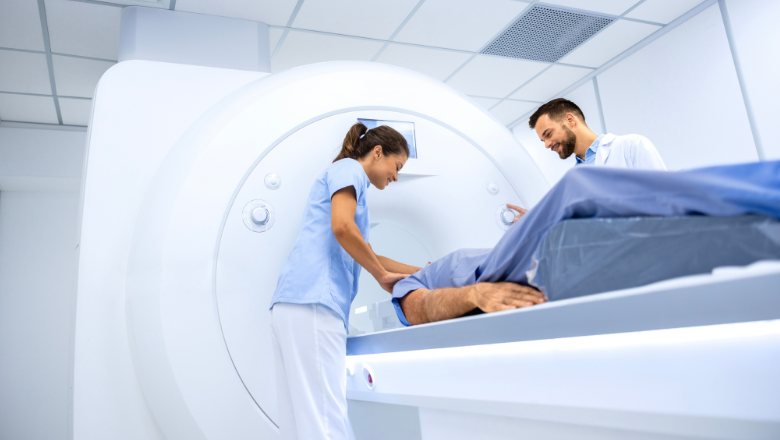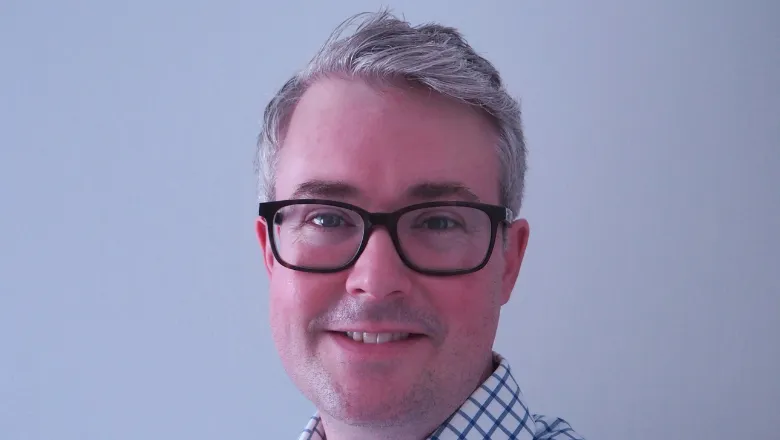
Dr Mark Ainslie
Lecturer in Engineering
Research interests
- Engineering
Pronouns
he/him
Biography
Dr Mark Ainslie is a Lecturer in Engineering in the Department of Engineering, King's College London.
His research covers a broad range of aspects of applied superconductivity, primarily focused on solving technical challenges related to high-field magnets, superconducting electric machines and other superconducting power applications. His research brings together state-of-the-art materials and applied research, from fundamental materials science, to numerical modelling, to application design/testing.
Dr Ainslie received the B.E. (Electrical & Electronic) & B.A. (Japanese) degree from the University of Adelaide, Australia, in 2004. He then went on to receive his M.Eng. degree from the University of Tokyo, Japan, in 2008 and his PhD from the University of Cambridge in 2012. From 2017-2022, he was an Engineering and Physical Sciences Research Council (EPSRC) Early Career Fellow in the Bulk Superconductivity Group at the Department of Engineering at the University of Cambridge. His research focused on magnetisation techniques for bulk superconductors to develop super-strength (5 T-class), portable magnets. Prior to this (2012-2017), he was a Royal Academy of Engineering Research Fellow in the same research group, investigating various aspects of superconducting electric machine design utilising both wire – and bulk – forms of high-temperature superconducting (HTS) materials.
His research has been recognised by a number of awards and prizes, including the 2011 European Society for Applied Superconductivity (ESAS) Young Researcher's Award, the Institute of Physics (IOP) Superconductivity Group's Brian Pippard Prize and the International Cryogenic Materials Commission (ICMC) Cryogenic Materials Award for Excellence in 2021. His 2015 paper Modelling of bulk superconductor magnetization was also recognised as the most cited paper of the year in the Superconductor Science and Technology (SUST) 30th Anniversary Collection in 2017.
Research interests
- Next-Generation Superconducting Machines for Sustainable Electric Transportation
- Electrical Engineering Applications of Superconducting Materials
- Portable, Desktop High-Field Magnets for Medical & Industrial Applications
- Numerical Modelling of Superconducting Materials & Applications
Further information
Research

Energy & Power Systems
Exploring the efficient generation, storage and delivery of energy
News
Scientists create world's strongest iron-based superconducting magnet using AI
Three times stronger than current iron-based superconducting magnets, this development could make MRI machines smaller and cheaper than ever before.

Everything you needed to know about superconductors: A Q&A with Dr Mark Ainslie
The potential discovery of a new room-temperature superconductor (LK-99) has prompted many to dream of finally getting a hoverboard from Back To The Future....

Features
Meet our new researchers from the Department of Engineering
We chatted to three academics from the Department of Engineering about their research, their inspirations, and their life outside of King's.

Research

Energy & Power Systems
Exploring the efficient generation, storage and delivery of energy
News
Scientists create world's strongest iron-based superconducting magnet using AI
Three times stronger than current iron-based superconducting magnets, this development could make MRI machines smaller and cheaper than ever before.

Everything you needed to know about superconductors: A Q&A with Dr Mark Ainslie
The potential discovery of a new room-temperature superconductor (LK-99) has prompted many to dream of finally getting a hoverboard from Back To The Future....

Features
Meet our new researchers from the Department of Engineering
We chatted to three academics from the Department of Engineering about their research, their inspirations, and their life outside of King's.

